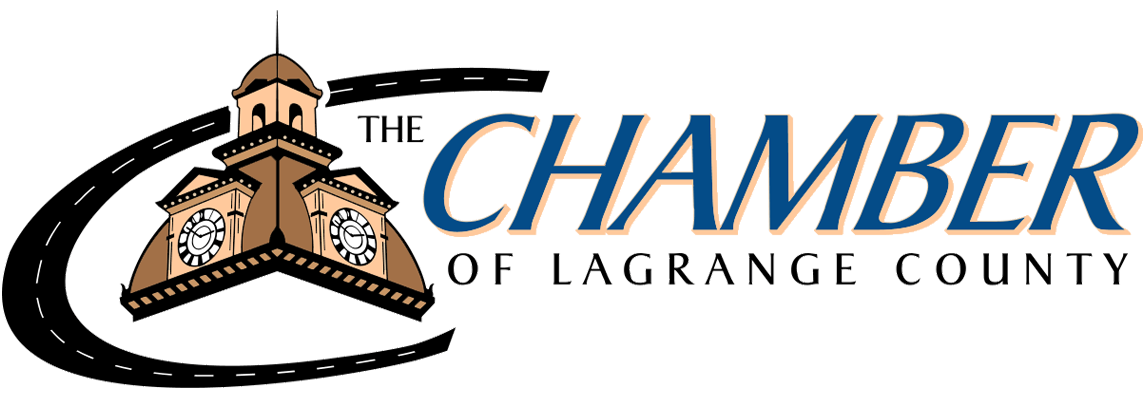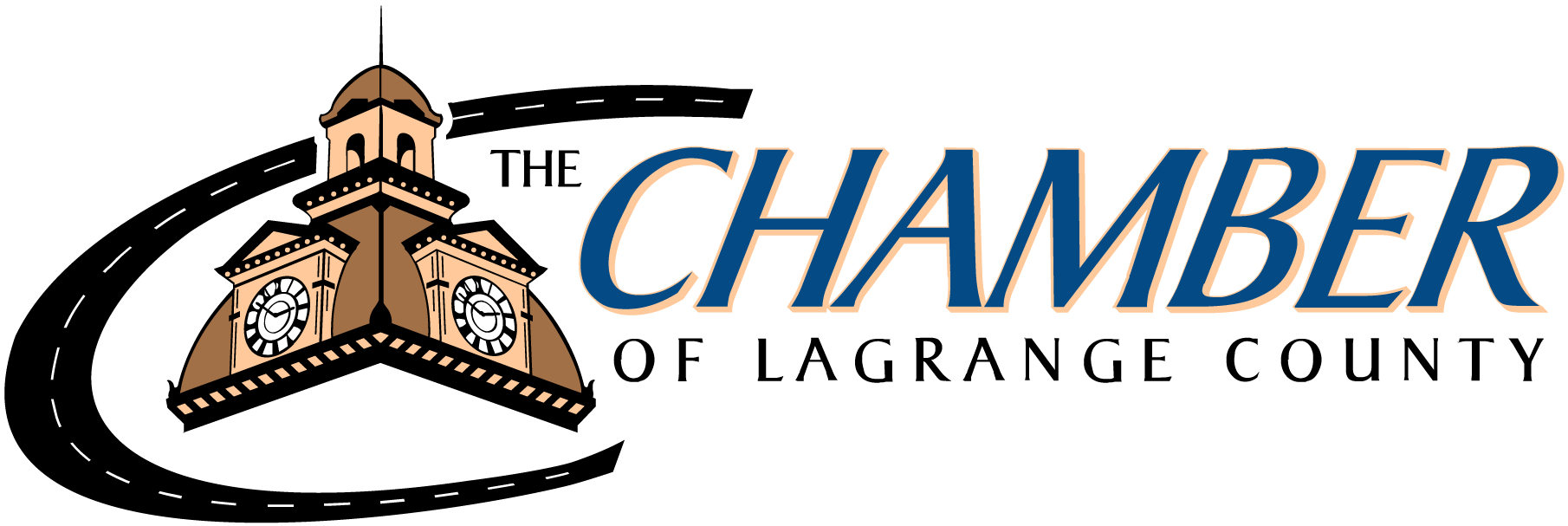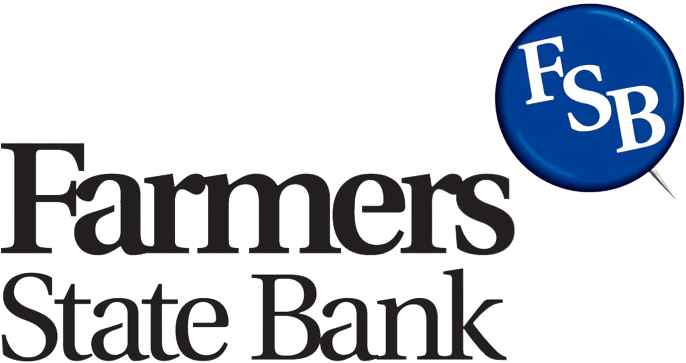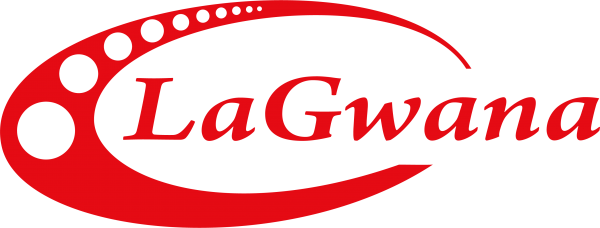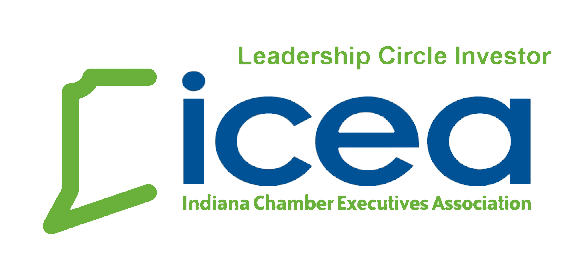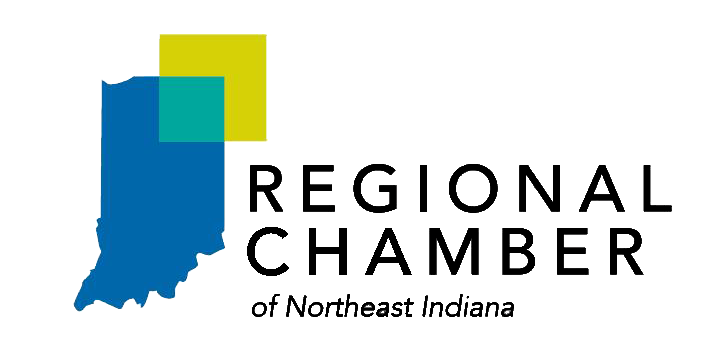Coffee with the County -You’re either growing or your dying
I will always remember the moment when she came into the call center. It was spring 2020, and I was one of the few left standing after major layoffs sent workers home during the COVID-19 pandemic. The VP of Operations walked in solemnly, closed the door behind her, and sat down. (And if you know her, you know this isn’t her normal approach. She’s the bustlin’, high-speed, get-things-done kind of gal.) The three of us in the call center took off our head phone attachment and turned, nervously glancing at each other. Without any formal introduction, she said, “We’re shutting down the hotel.”
This was Blue Gate Hospitality. I was the Group Sales Manager, metamorphosized into a call taking, concert rescheduling assistant who was in an all-hands-on-deck scenario. The VP finished her comments and left us with an eerily quiet room. All I remember thinking was, “Is the Blue Gate going to make it? What will happen in Shipshewana if big businesses like this one fall during this pandemic?”
Resilience, wisdom, hard decisions, and a lot of prayer fed into the Riegsecker and Heyerly leadership during those long months and years. And we’re thrilled to see that the Blue Gate has recovered with flying colors! In this month’s podcast episode, we were honored to chat with Blue Gate President and CEO Ryan Riegsecker, and this week, we share a little bit of our conversation here.
Chamber: Can you tell us the story of how the Blue Gate came to be?
Ryan Riegsecker: My dad was a serial entrepreneur. He was in the RV industry and learned the ropes, and I think that sort of spurred him into business. He had a hobby when he was a young man and he made these miniature horse-drawn vehicles. He did that out of our garage for a number of years, and just like anything else he did, he continued to push forward. We went to horse shows all over the country selling these, and he actually landed a connection into the Sears category (among others) in the 80s. That launched into another realm of business. Production increased and he built a little shop behind our house in Middlebury. I’d come home from school and our family would work in there together. We continued to grow and started looking in Shipshewana. He found an old building, which is now The Craft Barn, and we bought it in 1983. We moved our shop there and he started his production there. As time went on, he built a window for people to watch him make these things, and then my mom put a gift shop in the front end of it. He made ice cream furniture out of that, which sort of launched our Shipshewana Furniture Company and we manufactured furniture for a long time north of town here. As tourism picked up, we kept moving forward. We had a lot of different things - we had a gas station, grocery store, a meat locker. My dad started a lot of different things, and as people came to Shipshewana, these became things for them to do. I grew up and went to college locally and came back after graduation. At that point we had a small restaurant and had started doing just a little bit of theater. My dad was looking at how we kept people here a little bit longer after 5:00 when everything else shut down, so we started doing music on a very small level–local acts, southern gospel, etc. It worked and just kept growing. We had an old building across the street called The Meeting House and started running shows there. In 2000 or so, we tore down the old restaurant and built this larger facility. We went from 100 seats to 850-900 seats. We went through 9/11 and thought, “This was it,” but people still came and we kept going and it turned out okay. As time went on, we shed businesses that didn’t make sense along the way, and started building our hospitality core business. We opened a 350-seat theater upstairs here at the restaurant and tried different genres of music and shows. Eventually, we tried Amish romance drama-type musicals, and through some connections in Nashville, we launched our Blue Gate Musicals company with our first musical, The Confession. That’s taken its own path and has continued to grow with professional actors and professional music produced in Nashville. This grew into rented space at the old Shipshewana Auto Museum facility, around 2008-2009. We brought chairs in and rented everything and brought in all the equipment. It was a lot of work but we did it, and continued to make that better. Every year we probably doubled or tripled the times we rented it. The last year there was in 2019 and I think we did over 100 shows. During that time, we purchased the building from the Town of Shipshewana and remodeled the museum-side of the building. It was a big deal to do–about a $5 million project at the time. It was just so much nicer than what we had and we were so excited. We had a huge line-up for 2020–Martina McBride and other artists we could never get before because we didn’t have the right environment. We were working like crazy to get this thing up and running, and then boom–COVID hit. And this is where I thought, “This is where it all ends.” We had literally thousands and thousands of tickets sold, and everyone wanted refunds. It was a trying time because we just didn’t see it coming. Eventually we were able to re-open with distanced shows as a third or half capacity. When we were able to finally open, it was like a floodgate and people just showed up. Along the way there, we bought the hotel next door, which very much goes with our property and entire business. The theater has turned into our marketing arm, and it gives people a specific reason to come to Shipshewana, while also extending their stay. It’s become our driving force of traffic. Other than COVID, it’s been a lot of fun.
C: You talked about 9/11 and COVID, and about this moment of “Well, this is it,” where you didn’t know what the future of your business would look like. Can you talk a little bit about what that was like for your family and as a business owner? How did you overcome those times?
RR: Those were terrible times, but we also really pulled together as a family and as a community. When COVID happened we had 330 employees and we went down to 22 employees. That was just gut-wrenching. Every week, we’d listen to the governor and the update on what we could do and couldn’t do. We began doing take-out meals and had tremendous support from the community and people who didn’t want to see us go away. Our whole family worked from early morning to late night to make it happen. It was tough during the time, but looking back, it was really cool how we all pulled together. We had several local businesses that supported us too with standing weekly orders. It felt good to know that we were supported.
C: It’s not a coincidence to hear you talk about how tourism has grown in Shipshewana and how the Blue Gate grew just the same, hand in hand with that growth. Looking back, over all the years, what has been your biggest takeaway?
RR: I think it’s probably recognizing opportunity. Sometimes an opportunity looks like a lot of work, and it brings a “Oh man, why would I want to do that?" kind of mentality. But I think our growth has been from recognizing opportunity and taking that. Half of the opportunity is taking it and doing it. It’s about looking out ahead and not just being happy with where you’re at today. My dad always said, “You’re either growing or you’re dying.” It’s one way or the other, you don’t sit still. We’re always moving forward. I think the other thing is never underestimating the power of networking with people. You never know where that one connection will launch you into something new that you would’ve never dreamt of doing. There’s a lot of people that have helped us, and we want to do the same. I think it’s awesome that people are willing to help other people, and that’s what it’s all about.
